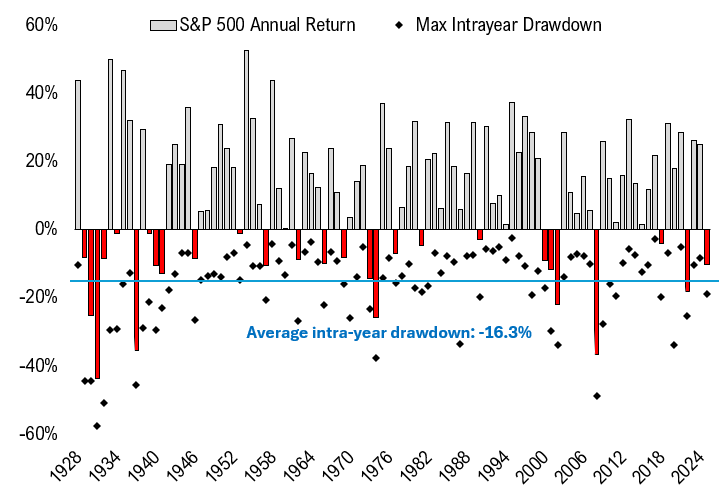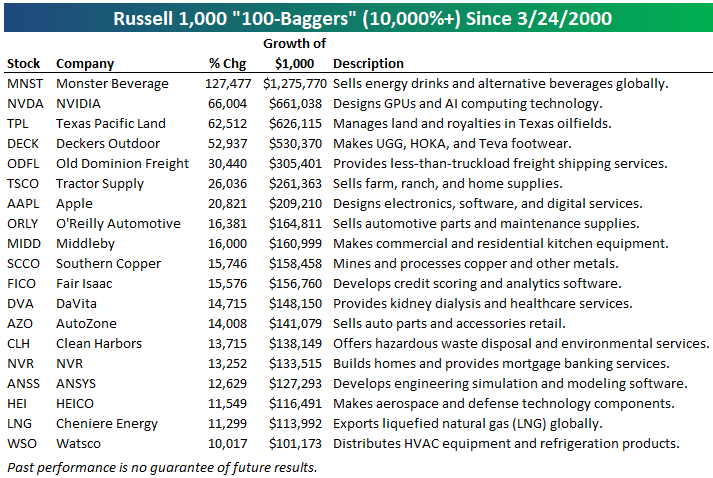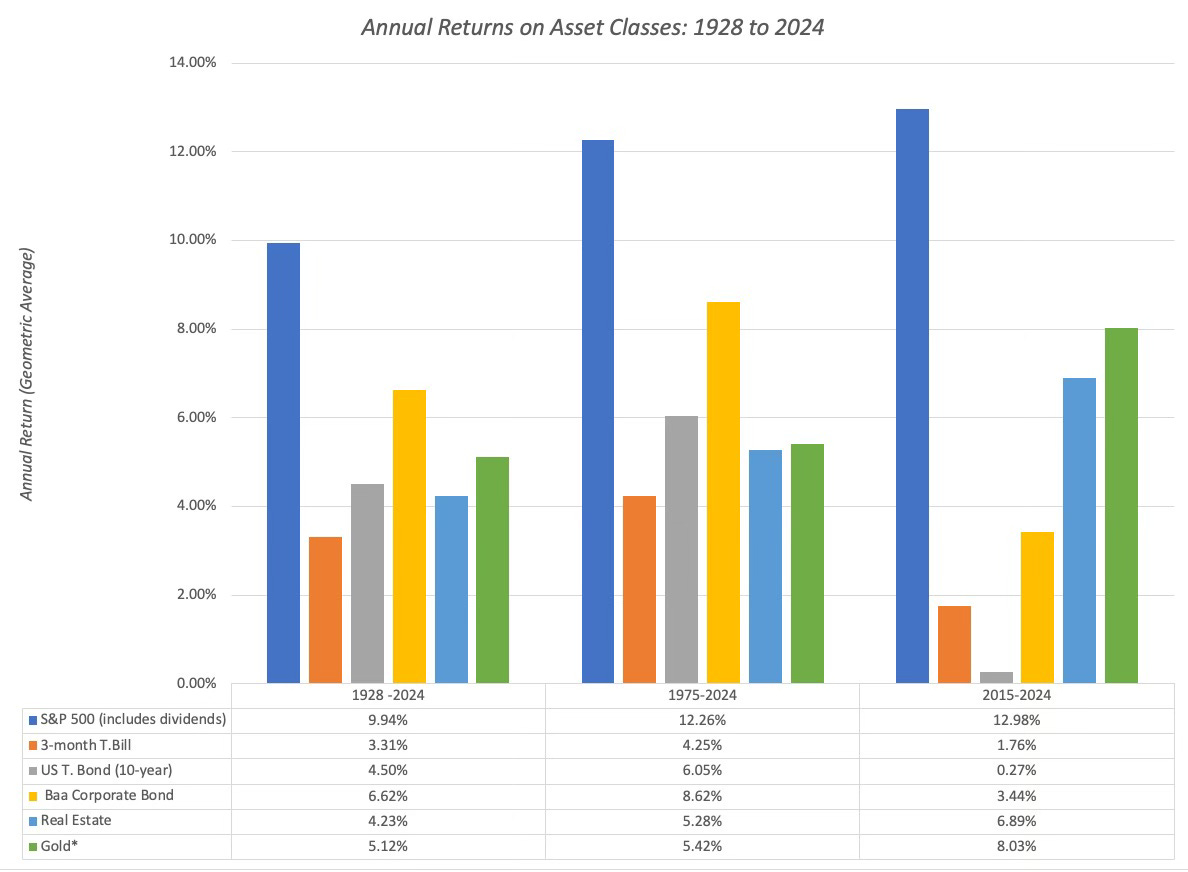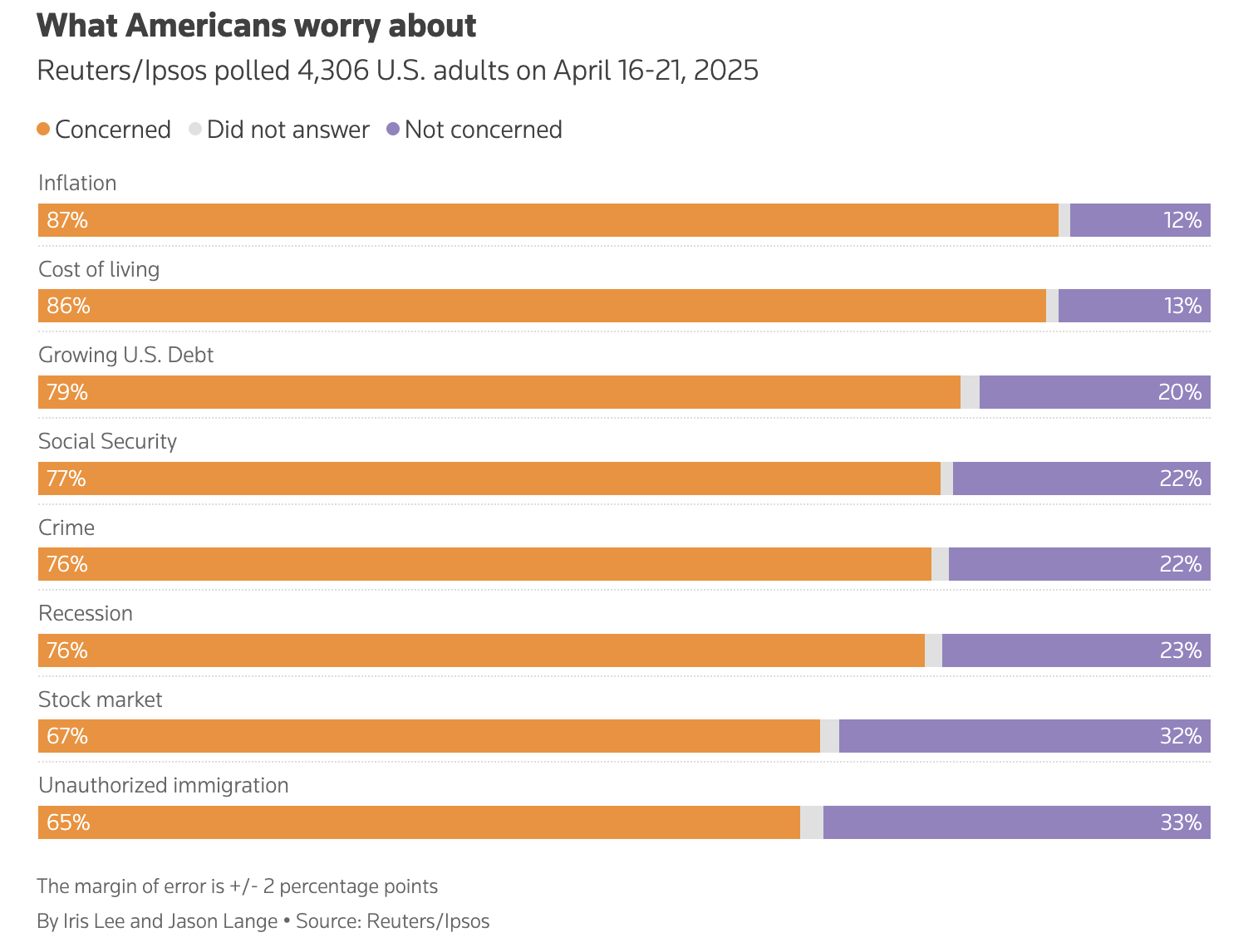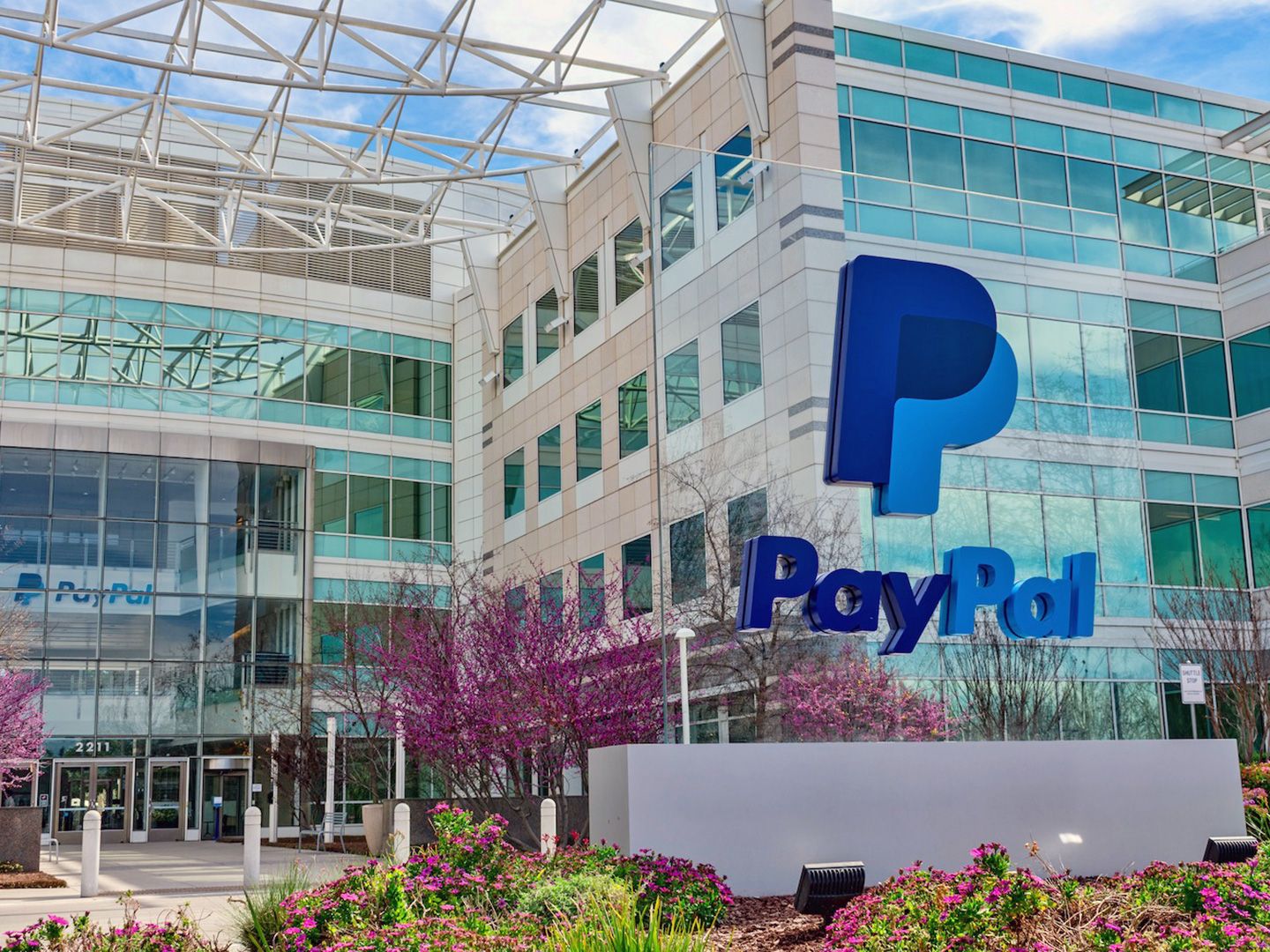Should I use my big raise to open a new retirement account or start a side business?
It can be quite transformative to be rewarded a big, fat raise, especially in this environment, where inflation hasn’t been fully stomped out and could return in full force as tariffs threaten to fuel its sudden resurgence. In any case, anyone fortunate enough to get a hefty raise should focus on buying assets rather than […] The post Should I use my big raise to open a new retirement account or start a side business? appeared first on 24/7 Wall St..

It can be quite transformative to be rewarded a big, fat raise, especially in this environment, where inflation hasn’t been fully stomped out and could return in full force as tariffs threaten to fuel its sudden resurgence. In any case, anyone fortunate enough to get a hefty raise should focus on buying assets rather than giving into lifestyle creep and spending down the difference, which could mean the difference between a comfortable, early retirement and a frugal one at the age of 70.
For this Reddit user, 35, who took to the r/FinancialPlanning subreddit, they’re weighing whether they should use their 42% raise (from a $120,000 annual income to $170,000) to start a business or open a new retirement account with the intention of buying more securities. It’s not easy to choose between going with the startup or side hustle, and just investing more in the stock or bond market. Ultimately, it comes down to one’s risk tolerance.
As you may know, founding a startup is not for the risk-averse. Given that most startups shutter in just the first three years, it’s a high-risk, high-reward proposition that not everybody is cut out for. That said, with no dependents and a massive $1 million saved up (an obscene amount for someone who’s 35), and a generous pension that’s poised to kick in at age 44, our Reddit user certainly has the ability to take on the risk that comes with starting a business. But should they be willing to take on that extra risk?
Key Points
-
This 35-year-old Reddit user is getting a huge 42% raise and is wondering if it’s worth founding a startup.
-
The opportunity costs and business plan should be carefully evaluated before making a move.
-
Are you ahead, or behind on retirement? SmartAsset’s free tool can match you with a financial advisor in minutes to help you answer that today. Each advisor has been carefully vetted, and must act in your best interests. Don’t waste another minute; get started by clicking here.(Sponsor)
Go for the business endeavor or keep investing?
For someone with such a massive income and a colossal nest egg, they’re already on track to retire well ahead of schedule. Arguably, they could start winding down for an early retirement within the next few years. That said, for someone who’s weighing starting a business with the extra cash that’s coming their way, there’s a clear hunger and ambition to further their achievements.
Indeed, the only thing better than meaningful employment that pays a great deal is the ability to be one’s own boss. And while it’s tough to advise anyone on the better route to take without a better sense of what their idea or business plan is, I do think it’s worth reaching out to a financial advisor for guidance as they make what could be the biggest decision of their life.
Founding a company isn’t just expensive and risky; it entails putting one’s nose to the grindstone to stay ahead of the competition. For someone who lacks the work ethic, it’s probably best to go down the route of opening a new brokerage account and investing one’s raise in a portfolio of high-quality stocks and ETFs.
Investing in securities isn’t free from its own fair share of risk, as we found out following Trump’s post-Liberation Day sell-off. In any case, someone who’s working a full-time job and has just received a hefty raise, which probably entails longer hours and higher stress, may lack the bandwidth needed to get a startup off the ground.
Of course, there’s always the option to leave one’s work should a startup really start to take off and generate free cash flow. In any case, I’d check in with an advisor who can better gauge an idea before one invests a great deal of time and effort into such a risky endeavor.
Think about the opportunity costs.
With a gigantic nest egg and a ton of income coming in, this Reddit user would be fine even if their business venture ended up going nowhere. In any case, the opportunity costs of starting a business should be weighed against investing the difference. If the stock market averages a 9% annual return through the next 10 years, the opportunity costs are quite sizeable.
Of course, if there’s a credible business plan on the table, going down the startup route may very well be worth the foregone gains, especially since our Reddit user is incredibly young and miles ahead of most others in their age group. Personally, I’d run the idea by someone trustworthy so that they can chime in and help you decide on the best course moving forward. If one’s idea is good enough to raise capital, perhaps it’s good enough to pursue as opposed to opening another brokerage account.
The post Should I use my big raise to open a new retirement account or start a side business? appeared first on 24/7 Wall St..
























































